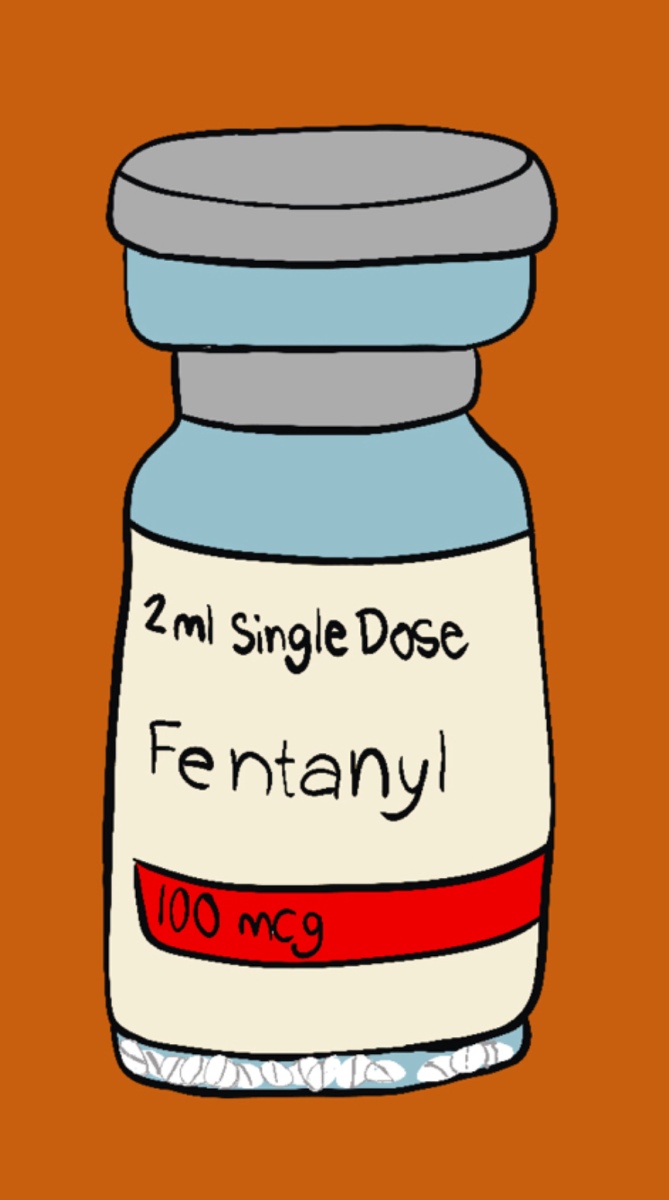A 90-day state of emergency prompted by increased fentanyl overdoses went into effect on Jan. 30. The emergency declaration was announced by Oregon Governor Tina Kotek, Portland Mayor Ted Wheeler and Multnomah County Chair Jessica Vega Pederson. The city, state and county governments are allocating available resources in a unified effort to address the potent drug.
Oregon has been in a deep drug crisis for years, and overdose deaths continue to soar. According to Multnomah County, the number of fatal fentanyl overdoses increased 533 percent between 2018 and 2022 in the county.
Public health officials initially explained the soaring drug deaths as related to the effects of the COVID-19 pandemic – its impact on economic and social development and the disruption of addiction treatment countrywide – though it continues to worsen into 2024.
Dr. Nora Volkow, head of the National Institute on Drug Abuse, said in an interview with National Public Radio (NPR), “I had been hoping after we emerged from the Covid pandemic, we would start to see it go down. It hasn’t continued to rise as sharply, but it’s rising.”
The governor’s declaration of the emergency underscored the importance of taking action.
“Our country and our state have never seen a drug this deadly and addictive, and we are all grappling with how to respond,” Kotek stated in a press release. “The next 90 days will yield unprecedented collaboration and focused resources targeting fentanyl and provide a roadmap for next steps.”
The emergency plan focuses on the central city area, a high-traffic area for fentanyl; Kotek explained this response will benefit the entire state. A command center has been established in Portland where government officials can combine efforts and provide the best support for those in need. Oregon State Police are in on the effort as well. Wheeler ordered nearly 100 state troopers to the city to address the drug crisis.
The plan does not yet include funding for the command center, but budgets have been rearranged to include the new emergency plan. Both the city and county are preparing for future budget cuts as revenue falls.
“I think it’s a serious problem. Awareness is going to be the first key to coming up with some solutions,”’ Tualatin High School nurse Nancy Haning said.
The state of emergency currently does not include any measure of how successful these efforts will be.
“It takes a while to get [the new action plan] up, and I think it’s going to take time to see how effective it is,” Haning explained.
Officials hope the state of emergency will be the first step to long-term success in combating the fentanyl crisis.







Steven Ray Berry • Mar 22, 2024 at 2:29 PM
Well maybe think about they should sell the stuff.. clean it up, standard dose ,and track the sale of it .. and cut psychedelics out of the new drug bill…